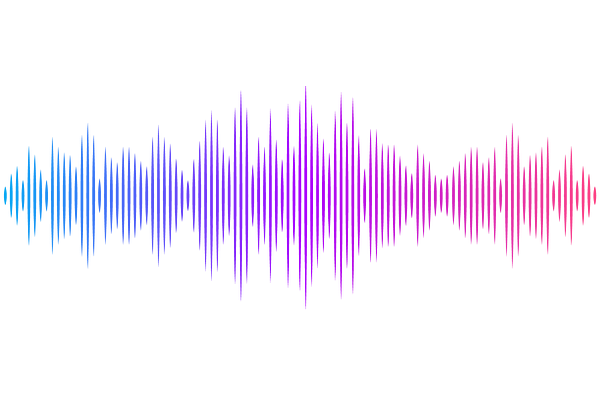Indecision and recency-weighted evidence integration in non-clinical and clinical settings

Indecision and recency-weighted evidence integration in non-clinical and clinical settings
del Rio, M.; Trudel, N.; Prabhu, G.; Hunt, L. T.; Moutoussis, M.; Dolan, R. J.; Hauser, T. U.
AbstractBiases in information gathering are common in the general population and can reach pathological extremes in paralysing indecisiveness, as in obsessive-compulsive disorder (OCD). Here, we adopt a new perspective on information gathering and demonstrate an information integration bias where most recent information is over-weighted by means of evidence strength updates ({Delta}ES). In a large, crowd-sourced sample (N=5,237), we find reduced {Delta}ES-weighting drives indecisiveness along an OC spectrum. We replicate the attenuated {Delta}ES-weighting in a second lab-based study (N=105) that includes a transdiagnostic OC spectrum encompassing OCD and generalised anxiety patients. Using magnetoencephalography (MEG), we trace {Delta}ES signals to a late neural signal peaking around 920 ms. Critically, OC participants show an attenuated neural {Delta}ES signal in medio-frontal areas while other decision-relevant processes remain intact. Our findings establish biased information-weighting as a key driver of information gathering, where attenuated {Delta}ES can lead to indecisiveness across an OC spectrum.